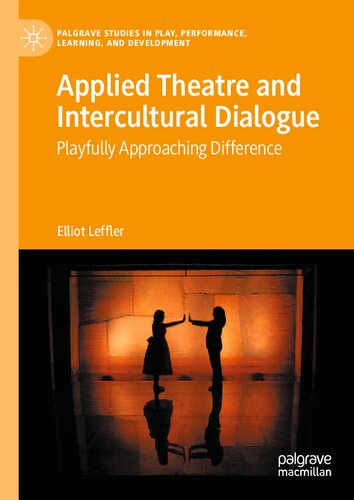

Most ebook files are in PDF format, so you can easily read them using various software such as Foxit Reader or directly on the Google Chrome browser.
Some ebook files are released by publishers in other formats such as .awz, .mobi, .epub, .fb2, etc. You may need to install specific software to read these formats on mobile/PC, such as Calibre.
Please read the tutorial at this link: https://ebookbell.com/faq
We offer FREE conversion to the popular formats you request; however, this may take some time. Therefore, right after payment, please email us, and we will try to provide the service as quickly as possible.
For some exceptional file formats or broken links (if any), please refrain from opening any disputes. Instead, email us first, and we will try to assist within a maximum of 6 hours.
EbookBell Team

4.7
26 reviewsThis book examines applied theatre projects that bring together diverse groups and foster intercultural dialogue. Based on five case studies and informed by play theory, it argues that the playful elements of theatre processes nurture a unique intimacy among diverse people. However, this playful quality can also dampen explicit conversations about participants’ cultural differences, and defer an interrogation of people’s own entrenchment in systemic power imbalances. As a result, addressing these differences and imbalances in applied theatre contexts may require particular strategies.